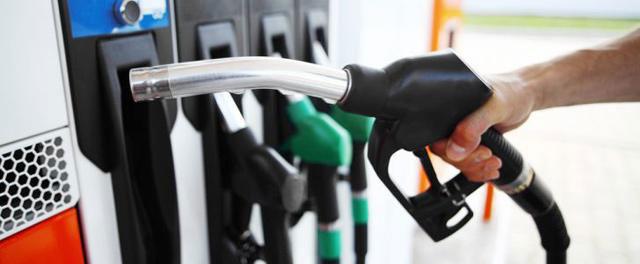You are here
‘Really high’ taxes on fuel part of Kingdom’s policy to support Treasury — Zawati
By JT - Jul 29,2018 - Last updated at Jul 29,2018
AMMAN — Energy Minister Hala Zawati on Friday said that taxes on fuel derivatives are “really high” but they are part of the Kingdom’s monetary policy to support the Treasury.
In an interview with the Jordan Television’s 60 Minutes programme, Zawati said that all fuel revenues are used to pay salaries and pensions, and to cover operational and capital expenditure, as well as other budget items, stressing that the government is continuing to subsidise gas cylinders.
The minister stressed that Jordan has no preferential prices on its imports of raw oil and its derivatives, and that the Kingdom imports fuel according to the international prices, the Jordan News Agency, Petra, reported.
She added that Jordan considers fuel prices in the international market as a global index to price derivatives locally, noting that current prices in the Kingdom are still based on the April prices.
The minister said that the prices of oil derivatives decreased in July to rates that are higher than those registered in April, noting that the average price of May, June and July is higher than the rate of April.
Zawati said that the government is working on changing the current pricing mechanism and seeks to liberate prices next year.
As for the pricing mechanism, she said that it comprises the three components of the average rate of a derivative over 30 days that precede the announcement of the new price, transport costs from the place of origin to the consumer, in addition to taxes and fees.
Zawati added that ministry had decided to issue a weekly bulletin on the average price of Brent oil, with this report showing the price trend over a past week, highlighting the importance of the move in acquainting the public with these prices.
The minister said that the current government is characterised by announcing costs and taxes on fuel derivatives, noting that taxes constitute some 50 per cent of the price of unleaded 95-octane gasoline, and go down for unleaded 90-octane gasoline and further decrease for kerosene and diesel to stand at 26 per cent.
In early July, the government announced its mechanisms of pricing fuel derivatives and indicated that it generated JD854 million in 2017, representing 13 per cent of last year's local revenues, from taxes and fees imposed on fuel derivatives.
The government said it generated JD350 million from taxes and fees on fuel derivatives during the first four months of 2018, but revenues are not expected to continue in an uptrend, as there is more reliance on hybrid and electric cars in Jordan.
The taxes and fees imposed on a litre of 95 octane unleaded gasoline represent approximately 57.2 per cent of the overall price of a litre, while taxes and fees on a litre of 90 octane unleaded gasoline represent 47.4 per cent of the total price of a litre.
As for diesel, taxes constitute 26.2 per cent of its overall price, while taxes and fees imposed on a litre of kerosene represent 26 per cent of its total price.
Related Articles
AMMAN — The government announced on Tuesday its mechanisms of pricing fuel derivatives and indicated that it generated JD854 million in 2017
AMMAN — The government’s fuel pricing committee at the Energy Ministry on Tuesday decided to raise the prices of a number of fuel derivative
AMMAN — The fixed tax that was recently accredited by the Cabinet is the penultimate phase of “liberalising the oil derivatives market”, whi

















